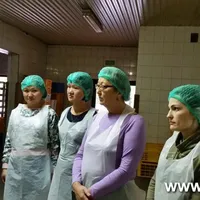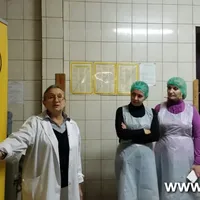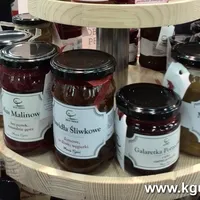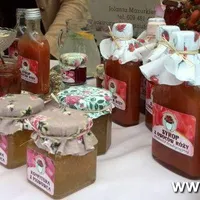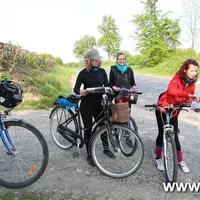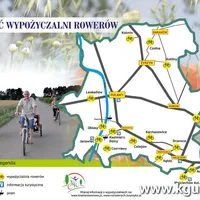Training internship within the ERASMUS+ project "Sustainable Agriculture and Rural Development"
Kokshetau State University named after Sh. Ualikhanov is a partner of the project "Sustainable Agriculture and Rural Development" of the European Union ERASMUS+program.
This project is implemented within the framework of the program "ERASMUS+KA2: Capacity Building in Higher Education". The aim of the project is to develop a professional master's program on sustainable agriculture and rural areas, taking into account the needs of regions in professionals for state organizations( structures), local administrations and private enterprises. During the period from October 3 to 15, 2016, in accordance with the project implementation plan, an internship was held at European Partner Universities in Poland and the Czech Republic. Participants represented such universities as K. Timiryazev Russian State Agrarian University-Moscow Agricultural Academy, Buryat State Agricultural Academy, Novosibirsk State Agrarian University, P. A. Stolypin OmGAU, Michurinsky State Agrarian University, S. Seifullin KazATU, KSU.Baitursynova, KSU named after Sh. Ualikhanov. On behalf of the university, local project coordinator Lyazzat Bermaganbetova and project teacher Anargul Belgibayeva took part in the internship. The internship program included participation in the symposium "Sustainable Agriculture and rural Development – theory and practice", a visit to the Ministry of the Environment in Warsaw, a visit to the DolinaSzkla environmental research station, study trips to the regions to study the activities of local Action Groups. Rural development is one of the most important areas of activity of the European Union, which has an active policy of their balanced development along with urban areas. Rural areas perform important national economic functions in the field of production, demography, recreation, culture, nature conservation, and social control over the territory. Rural areas are not only a place for production, but also a place for living, working, and tourism.
The main goal of the state is to develop rural areas with the active participation of the local population. The question arises: how and how can local residents develop the economy in rural areas? This issue is especially important for those villages that are remote from cities and roads. What ideas do people who live in rural areas have? What should be the strategy for the development of their region in order to preserve the ecology, the identity of the population, and local local products in the future? As a result, local action groups have been established to ensure the viability and development of rural areas. The main document of the local action group is the local development strategy, which addresses the problems and needs of the local population. They receive funding from the European Union to implement this strategy. The activity of the local action group is based on the partnership principle. It can include citizens, entrepreneurs, municipalities, and cities. The main requirement for a municipality: compactness. There should be a maximum of 500 people in the village. Residents of rural areas should inform themselves about what hinders their development and what they need for development. Based on the opinions and wishes of residents, a local development strategy is developed. During the internship, participants got acquainted with the activities of several Local Action Groups created and operating with the support of the European Commission. For example, in Poland, the local action group " Green Ring (Green Ring)". The company's office is located in Kosmin, 100 km from Warsaw. The main goal is to promote various local products, develop infrastructure through active involvement of residents, develop local production and tourism.
The bike trails are almost 500 kilometers long.
There are more than 30 places to visit along the route, where you can view and purchase local and regional products.
As a result of the organization of local action groups in the village, enterprises were created to produce a unique local certified product, such as" tsybulyazh", jams and juices from raw materials grown in their own orchards, a variety of products from rose petals. Breweries were also revived, guest houses were renovated, and social entrepreneurship projects were implemented. Only in the Lublin region you can taste tsebulyazh-wheat flatbread with onions and poppy seeds. The internship participants visited a bakery that is engaged in baking this regional product, which is not baked anywhere else in the country.
In the course of communication with participants of local initiative groups, information was obtained about the history of the creation of these groups, about the principles of their functioning. The leaders of these local action groups, both in Poland and in the Czech Republic, are patriots of their village, their locality. They, being the initiators of the creation of such groups, worked together with residents to develop a local development strategy. Then we received funding from the European Union for this strategy. The program of the study trip also included a didactic training course in Prague. The didactic seminar was conducted by German trainers from a consulting firm with extensive experience as a trainer, consultant, moderator, facilitator and expert. All practical and theoretical information obtained during the internship will be used in the development of the Master's program "Sustainable Agriculture and rural Development".
